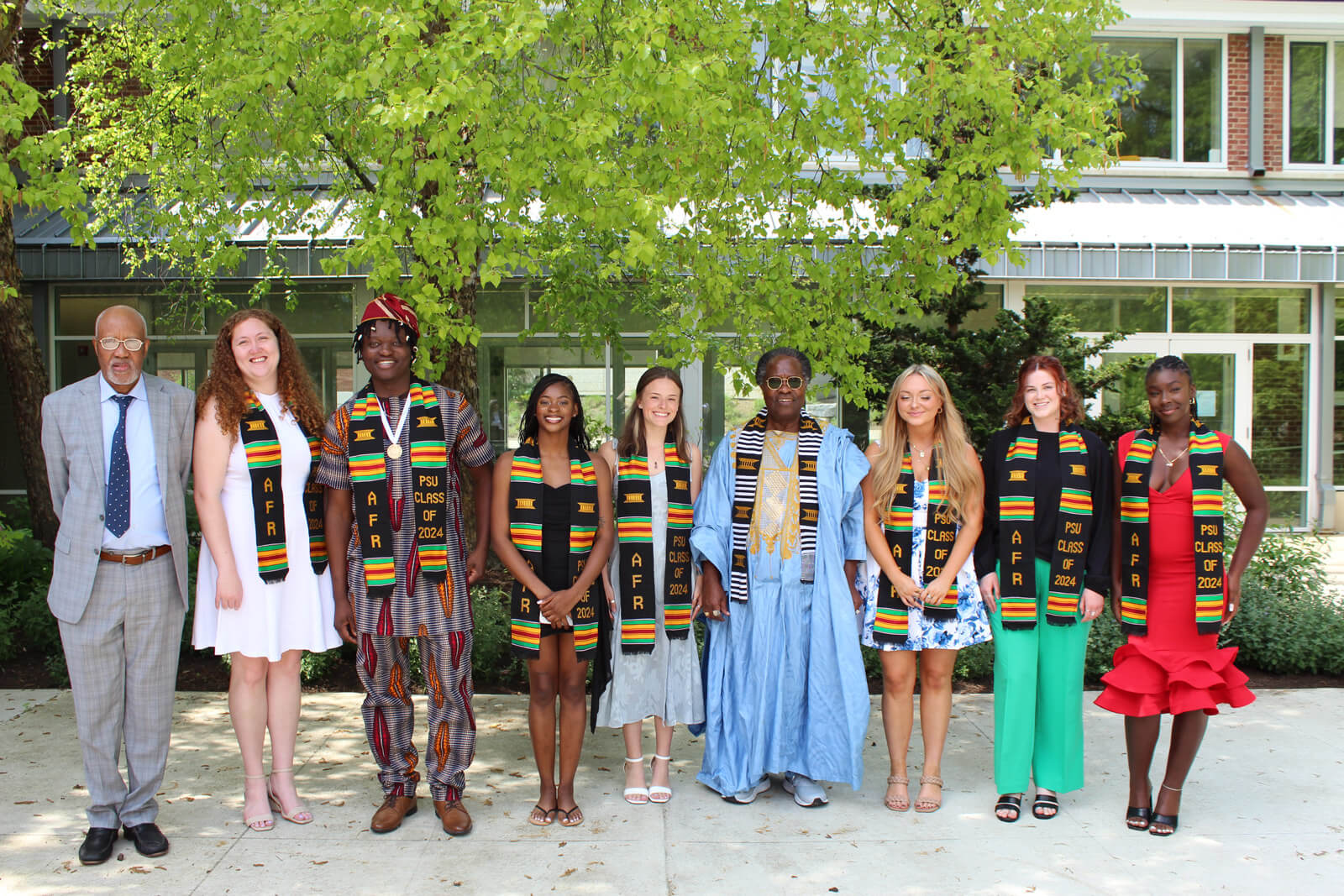The African continent is the most ecologically and geographically diverse region in the world. It is the most resource rich, yet it is considered, at least in the Western world, the poorest and most “in need of help”. Why is this so? This 12-credit Certificate in Development and Sustainability in Africa will engage students with the issues, debates, and analyses related to sustainable, equitable, and decolonial development in Africa. Students will learn about relationships between development and the different environments on the continent, Students will consider the inter-relationships between development and equality, as well as the key drivers of change. This certificate will provide students an opportunity to engage with current topics from a specifically African perspective. Students will receive training in development theory and practice to understand the place of Africa in global environmental change. Students will learn to critically analyze the complex interrelationships and trades offs between development and environmental costs. Students can choose to focus on an area of study such as: resource extraction and governance (e.g. mining), food and agriculture, water, renewable energy (e.g. solar), and, development practice.
This certificate will include an optional study abroad opportunity.
Program Learning Objectives
- Identify, describe, and compare key issues in sustainability and development in Africa;
- Think critically and discuss the drivers of development and environmental degradation;
- Understand and interpret the ways the continent is embedded in global systems that impact sustainability and development locally and globally.
You Might Like This Program If…
- You are interested in gaining skills to think critically about and practice development and sustainability in the African context
- You’d like to gain hands-on experience in sustainability and development through study-abroad opportunities to countries such as South Africa, Morocco, Ghana and Tanzania
- You are interested in the complex interactions between development and sustainability
- You want to better understand the ways Africa is embedded in global networks that impact development and sustainability globally
Program Requirements
To earn an undergraduate certificate in Development and Sustainability in Africa, a minimum of 12 credits is required.
Required Courses
6 credits from the following core course options:
- AFR 105 – Biodiversity Conservation in Africa
- AFR 205 – Sustainable development in Africa (under development by Ouarghidi)
6 credits from the following elective course options:
- AFR 440 – Globalization and Its Implications
- AFR 444 – African Resources and Development
- AFR 464 – Extractive Industries in Africa
- AFR / RPTM 497 – Ecotourism in Africa
- GEOG 230 – Envrio, Soc and Sustainability
- GEOG 430 – Human Use of Environment
- FOR 418 – Agroforestry
- FOR 488 – Global Forest Conservation
- Upper-level Independent Study or Special Topics course taught by AFR or other approved faculty
- Under development (400s): Youth development / leadership with African Diaspora
Non-Course Requirements
Per University policy, all credit courses for a certificate require a grade of ‘C’ or higher, and at least two-thirds (2/3) of the credits used to complete a certificate must be earned at Penn State. If student is completing multiple certificates in African Studies, no more than one (1) course may double-count for each.
